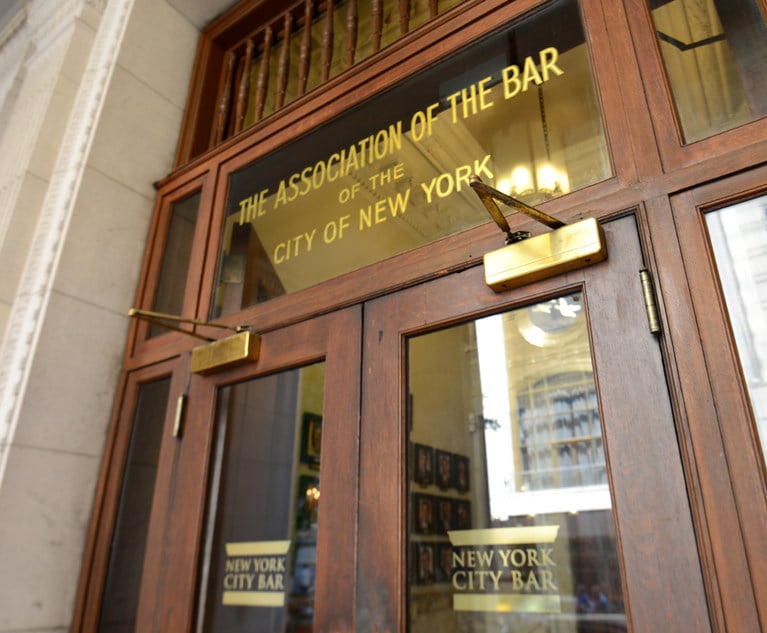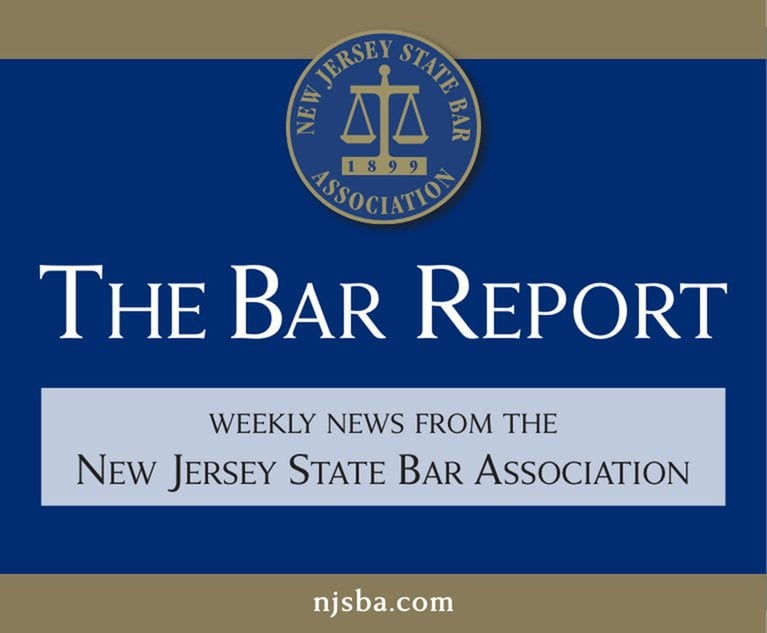In 2016 the American Bar Association adopted an amendment to Model Rule 8.4 (Misconduct) to render professional misconduct, and therefore a disciplinary infraction, “conduct that the lawyer knows or reasonably should know is harassment or discrimination on the basis of race, sex, religion, national origin, ethnicity, disability, age, sexual orientation, gender identity, marital status or socioeconomic status in conduct related to the practice of law. This paragraph does not limit the ability of a lawyer to accept, decline or withdraw from a representation in accordance with Rule 1.16. This paragraph does not preclude legitimate advice or advocacy consistent with these Rules.” The report accompanying the resolution as presented to the ABA House of Delegates, while not part of ABA policy itself, emphasized that while there must be some “connection” to the practice of law, the ethical proscriptions extended to the workplace and bar association activities.
The report noted that 25 jurisdictions had some form of what became Rule 8.4(g), and to an extent, the ABA was playing catchup. New Jersey in 1994 had adopted RPC 8.4(g), which prohibits “in a professional capacity, conduct involving discrimination … because of race, color, religion, age, sex, sexual orientation, national origin, language, marital status, socioeconomic status, or handicap, where the conduct is intended or likely to cause harm.” A rare and extended commentary accompanied the New Jersey rule, and referenced the broad reach of behavior, without linking it to “the practice of law” but only to “professional conduct,” whether or not connected to litigation, occurring in or out of the courthouse, including within law firms. The comment notes that private activities are not covered “except to the extent they are closely related to” the specified activities. Discrimination is to be “broadly construed.” The comment emphasizes the rule’s limitation to conduct by attorneys “in a professional capacity.” Certain employment discrimination is excluded from the rule. Unlike the ABA Model Rule, RPC 8.4(g) does not refer directly to harassment, but only discrimination, although has language relating to harm. The Supreme Court noted that while the rule derived from the Supreme Court’s Task Force on Women, the importance of this rule was also in redressing harm to minorities.


 Credit: chris2766/Shutterstock.com
Credit: chris2766/Shutterstock.com




